The problem became clear when I was a new Captain in the Air Force assigned to lead a flight of 80 people. It was a mix of civilians and military. The majority of the 30 young Airmen did not choose the finance career field and were disgruntled about being assigned to it. The civilians were older, more mature but largely uninspired at work. Due to a recently failed inspection, the entire office was somber, dejected, and unmotivated. It was clear I had to do something.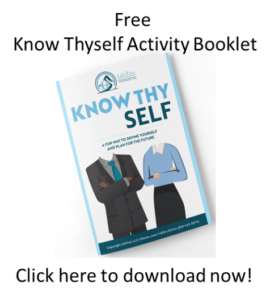
I decided to call people into my office and ask how they felt about things. Not everyone was keen on this and many tried to avoid it. I learned a lot in those sessions about the work environment, but our conversations always turned from work to personal lives. I learned that most people were confused about life and often this confusion led to issues at work. Knowing this, I decided to use my training in philosophy and experience as a nurse to help them talk through some of their concerns. I came up with a simple checklist of things to talk about. The feedback sessions became mentoring sessions. To my surprise, no one had been mentored in this way before, but they were craving this. Every meeting was powerful and both of us walked away wiser, but also with a plan to improve things personally and professionally. News got out about the mentoring session and soon people were requesting them rather than avoiding them. I was on to something and I wanted to know more.
The Discovery:
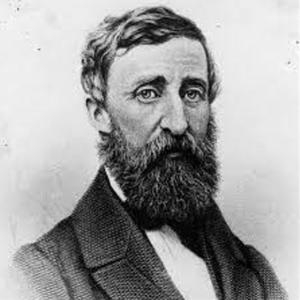
Henry David Thoreau
Henry David Thoreau famously wrote, “The mass of men live lives of quiet desperation”. If you’ve asked yourself, “What do I really want?”, you’re not alone. We all have. How can you succeed if you don’t know who you are? Can you even know what you want or what success looks like? Until we know, we are at risk of living lives of “quiet desperation” defined by powerlessness, frustration, and even despair. But there is a way out.
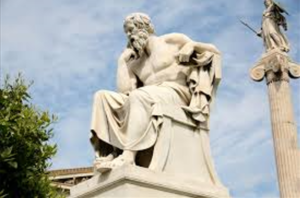
Socrates
Socrates, perhaps the greatest philosopher of all time, gave us the answer. “To know thyself is the beginning of wisdom”. And he was not the only one. In fact, all of the major religions, in some way, teach knowing oneself is the path to holiness, enlightenment, and freedom. If this wisdom has been around for so long, why do so few people actually know themselves?
On the surface, knowing ourselves seems easy. But it’s not. Dr. Jordan Peterson puts it bluntly in his book, 12 Rules for Life. After explaining how profoundly complicated humans are, he states, “What the hell do you know about yourself”. It’s hard, but we have to try because happiness and success are directly proportional to our level of self-knowledge.
The Solution:

Isaac Newton
Learning who we are is a journey, and all journeys require two things; a destination and a guide. Self-knowledge points us to the destination and a guide is a person or a map to show us the way. Ancient explorers navigated by using the sun and the stars. But if you’re lucky, you will have someone to give you tips on what to do and warnings for what to avoid. The more you know, the better the journey. Even Sir Isaac Newton, considered one of the greatest minds of all time, said, “If I have seen further, it is by standing on the shoulders of giants”. In other words, he had guides. To sum it up, without self-knowledge, we can have no destination. Without a guide, we will never reach it. Without either, we will never leave where we are.
Over the span of two decades, I formally mentored hundreds of employees. Over 90% had a hard time defining their values, their goals, or even want they wanted. A shocking number had no hobbies at all and many had no friends. In fact, recent studies show that 25% of people state they don’t have anyone to confide in (2018 Cigna Study). It turns out it’s much harder to make friends when you don’t know who you are. Mentoring people towards a goal when they don’t have any is nearly impossible. It became clear that in order for me to mentor them, they first had to define who they were as an individual.
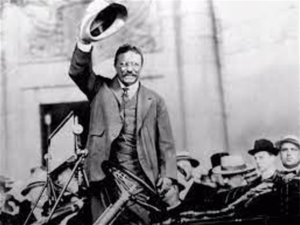
Theodore Roosevelt
I continued to refine the early checklist as well as the process and other tools for helping people define who they are and it made a huge difference. Teddy Roosevelt was right when he said “Nobody cares how much you know until they know how much you care”. For this reason, I made sure to put the career questions after the personal ones which made the work and career-related discussion vastly more productive. The checklist turned into a worksheet, then to a booklet (click here to get a free Know Thyself Activity Booklet now!). The employees filled out a worksheet and then we talked about what they filled out.
The Impact:
The impact on the organization was phenomenal. Each person was growing personally and professionally, and they had their leader’s commitment to helping them succeed. Without fail, they went home and told their family about the session and came back a better employee the next day. They knew they were on a path to success. Many even turned down promotions in order to stay on the career path we laid out for them. When asked, why? they remarked that taking the promotion would lead them on a lone path in pursuit of their goals, but if they stayed, they’d have the continued support of the boss and the rest of the organization, who were all going through the same discovery process.
As a leader, I was also profoundly impacted. Each person was unique and interesting and I learned as much from each of them as they did from me. The fact is, you can’t unknow people once you take the time to get to know them. This had a huge impact on how I made decisions. I knew more about everyone’s preferences and talents which made it clear what position they would succeed in and where they would struggle. This was just one of the countless benefits. It turns out, getting to know your people is the greatest leadership hack of all, and helping them define themselves is the key.
Conclusion:
This topic is so important and impacts people and organizations so profoundly, I want to share what I’ve learned with everyone. We’ve created the Know Thyself Activity Booklet and a newsletter to help people define themselves and provide guidance through the process. In my many years of leading and teaching, I’ve learned it must be fun for people to pay attention. We designed it to be entertaining, engaging, and slightly challenging but appropriate for all ages. This booklet can be used as a self-discovery tool or to supplement a mentoring program. We are giving them away for free to help as many people as possible. You can get a free LifeTrec Know Thyself Activity Booklet and sign up for the newsletter by clicking here to download.
I sincerely hope this activity book helps you start the process of defining yourself and improving your organization. If you would like more information about how LifeTrec can help you or your organization please visit us at www.lifetrec.com.
Mike McPherson
Founder, LifeTrec LLC
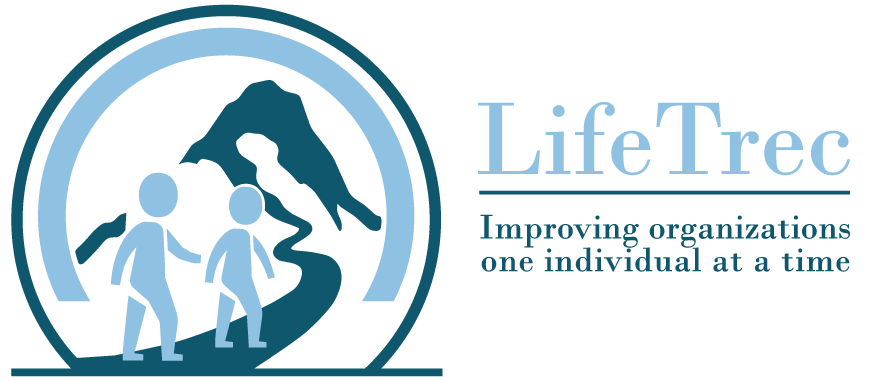



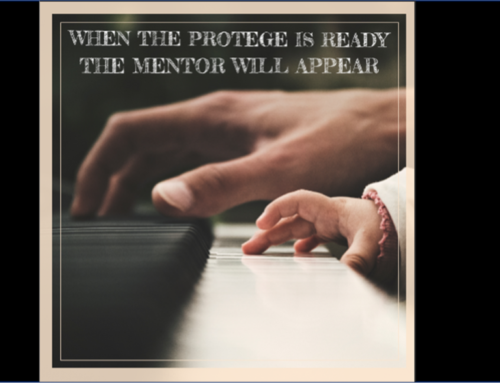
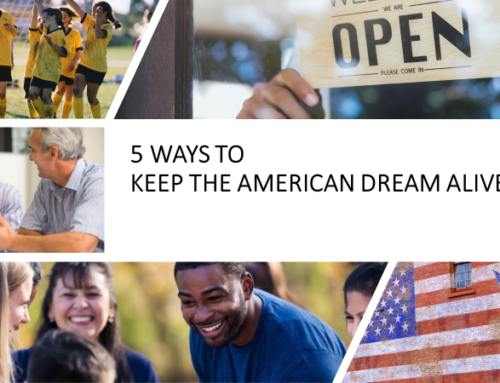
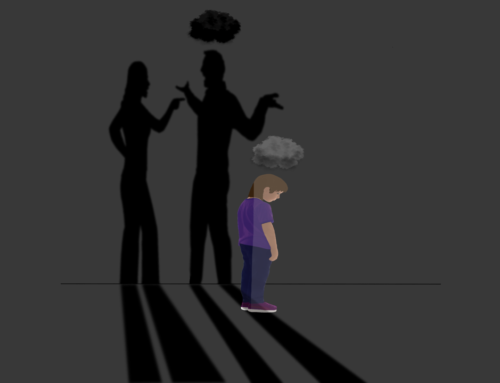


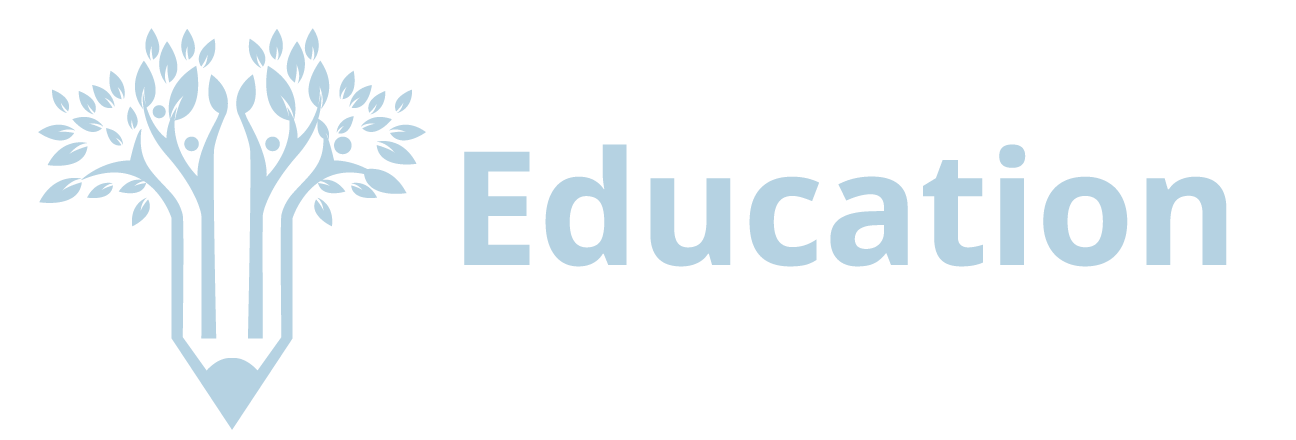

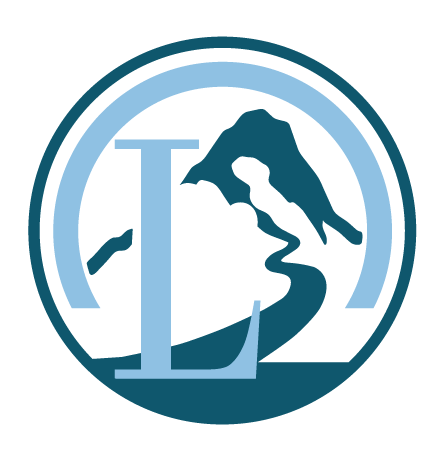
Get Social